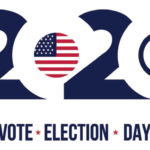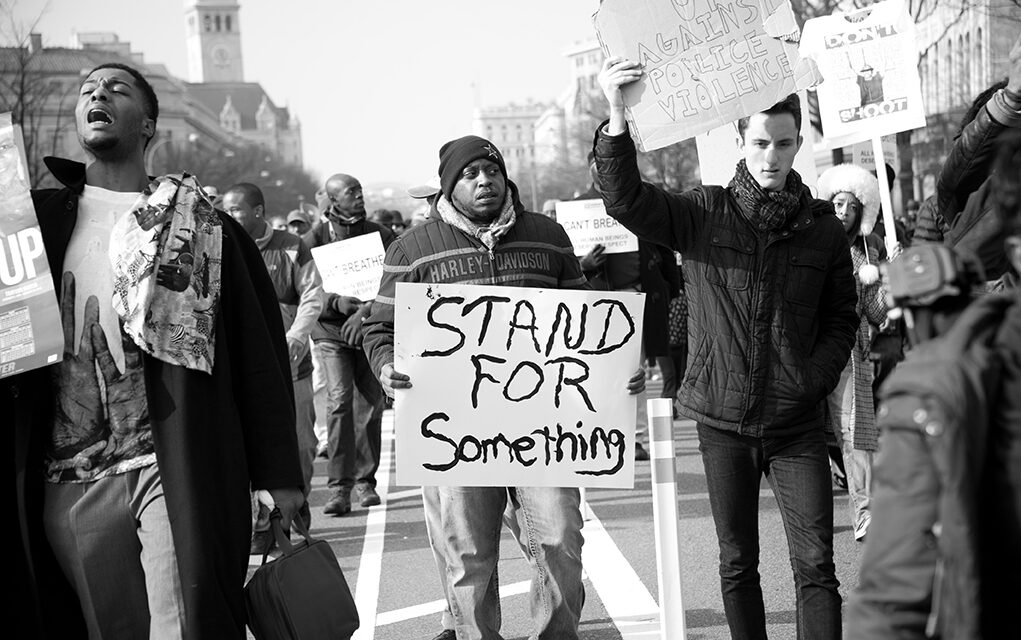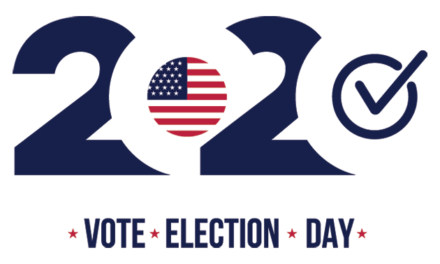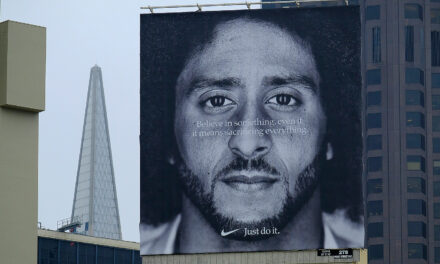
Victimhood Claims Hurt Black Community

Reno Gazette Journal December 15, 2019
Last week, Kamala Harris, U.S. senator from California, dropped out of the Democrat presidential race. Harris rose to prominence after a captivating debate performance in June with “that little girl was me” moment. Unfortunately for Sen. Harris, that captivating story was not followed by additional compelling stories or a coherent articulation of policy positions. While a presidential campaign may be lost by one bad move (remember Howard Dean?), it is seldom won with just one good story. Over time, Harris’ campaign could not sustain its rise and did not have a path forward resulting in her exit.
Prior to dropping out of the race, Harris spoke about the “elephant in the room,” questioning “whether America is ready for a woman, a woman of color to be president.” She was joined by Sen. Cory Booker who implied that Harris’ lack of resources has to do with her race and gender. Former Cabinet Secretary Julian Castro echoed that sentiment and blamed the media for “pushing aside women of color.” In other words, Harris was a victim who failed because of a systemic bias, and her failures had nothing to with her offerings not gaining traction with the Democrat voters.
Racism claims like the ones made by Harris, Booker and Castro fail to explain how a majority of this country voted to elect President Obama twice. It also fails to explain how Sen. Elizabeth Warren has been viable throughout this election cycle. It clearly does not explain the polls showing Michelle Obama as the front-runner if she were to enter the race today. Furthermore, painting America (or in this case the Democratic Party) as racist and sexist does significant injustice to one of the most fair-minded countries in the world. Accusations of racism should be taken very seriously and has no room in politics regardless of political affiliation.
While such claims may help with some segments of the base, and help politicians in some districts, it does not help make progress with the underlying problem: economic underperformance by blacks. Let’s take a closer look at one key factor which influences economic performance and how it impacts the black community.
Employment is a fundamental precondition to economic freedom. Just like a rising tide lifting all boats, when the economy does well, employment and wages are high and everyone benefits. A slow-growing economy, unable to keep up with population growth, increases unemployment and does so disproportionately for blacks and other minorities. For example, in March 2010, when the economy was sluggish, black unemployment stood at 16.8 percent, whereas white unemployment was at 8.9 percent. Unemployment for black men currently stands at a historic low of 5.1 percent (Source: St. Louis Federal Reserve). Besides putting money in people’s pockets, employment generates a sense of dignity which no amount of welfare can match. Focusing on achieving a high-growth economy greatly helps improve black lives.
One final point: Claims of racism and victimhood might benefit politicians but it does not benefit the black community. Economic success starts with a dream. Dreams become goals when one believes they are achievable through effort. With the constant claims of racism and victimhood, politicians and media have stolen that belief from black communities. They have convinced the black community that their effort does not have a bearing on the outcome. For our black communities to succeed, we need to have role models who plant the seeds of belief that individuals, regardless of skin pigmentation, are the masters of their own fate, captains of their own souls, architects of their own destiny. Sadly, most, if not all politicians have failed the black community miserably in that regard.
































Recent Comments